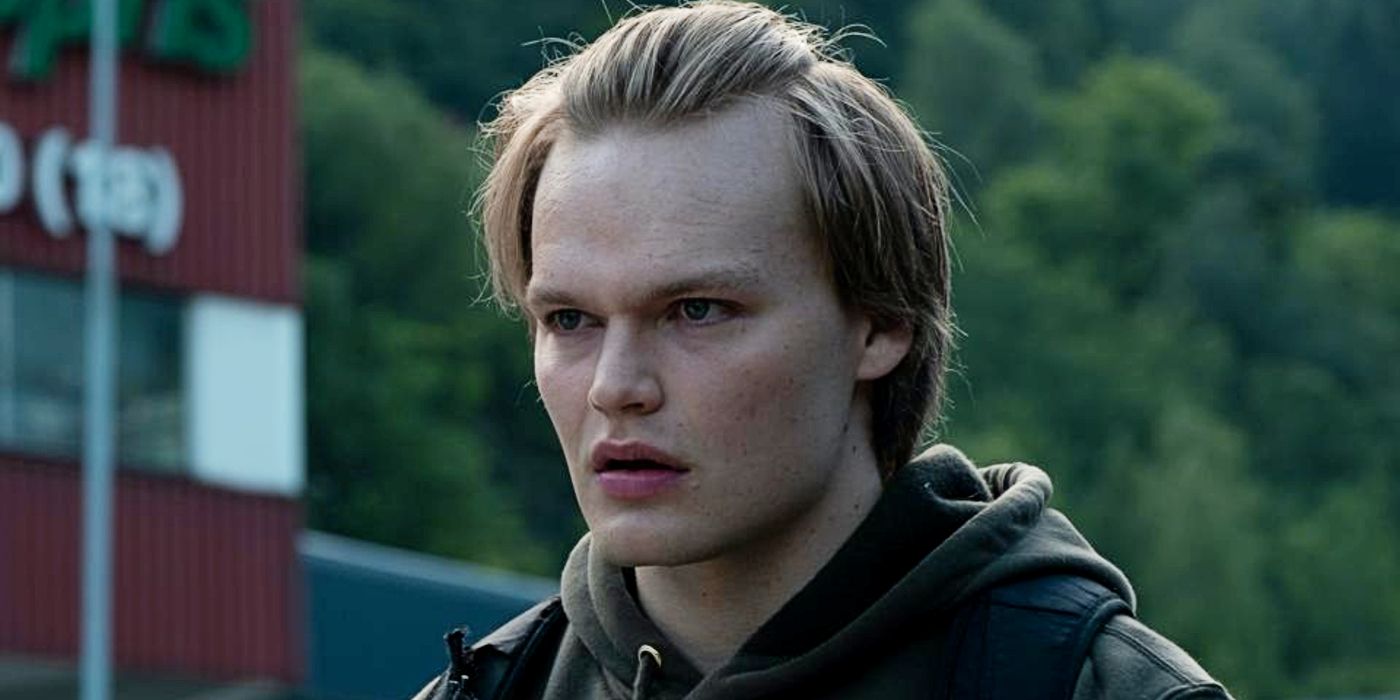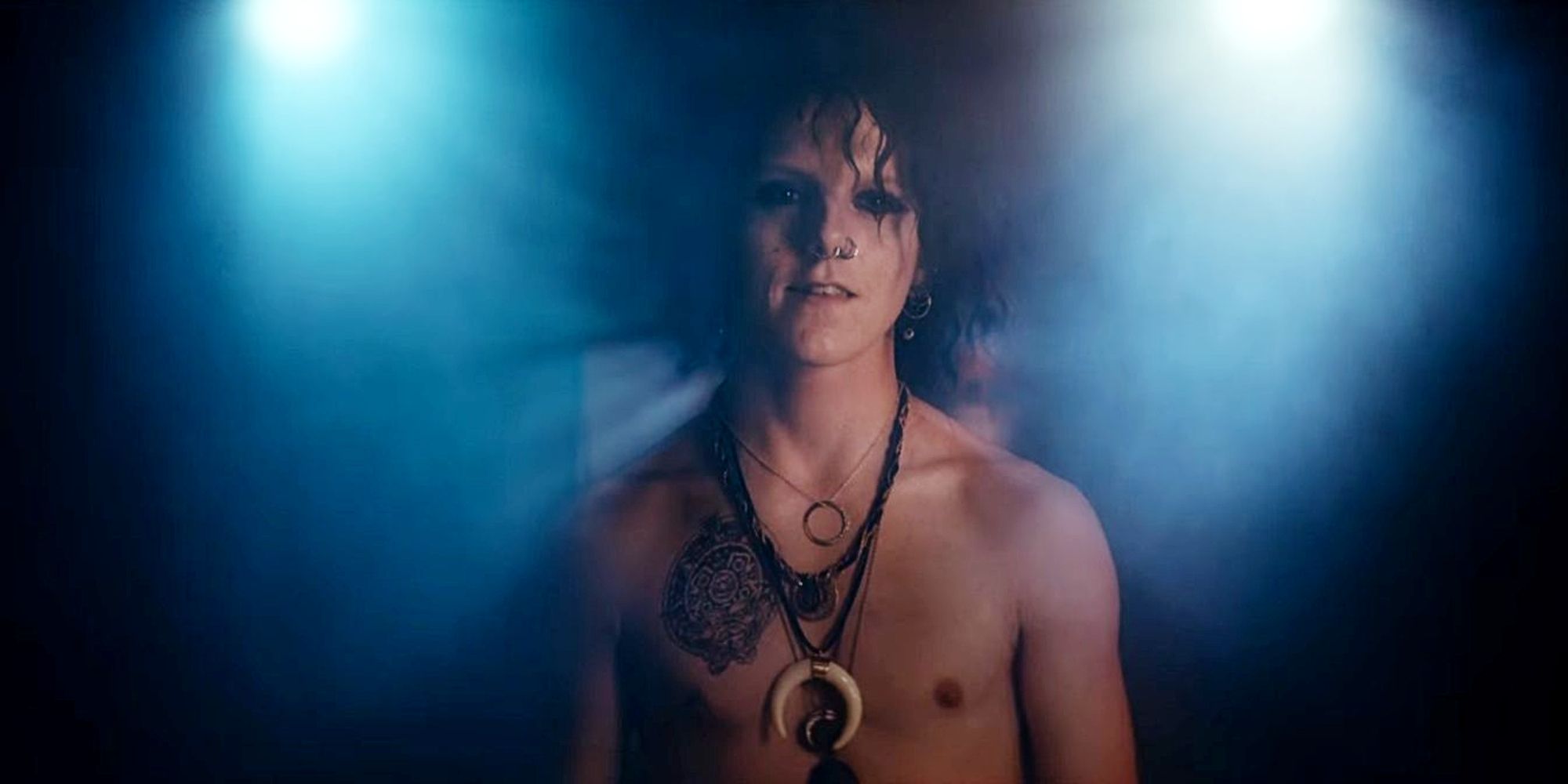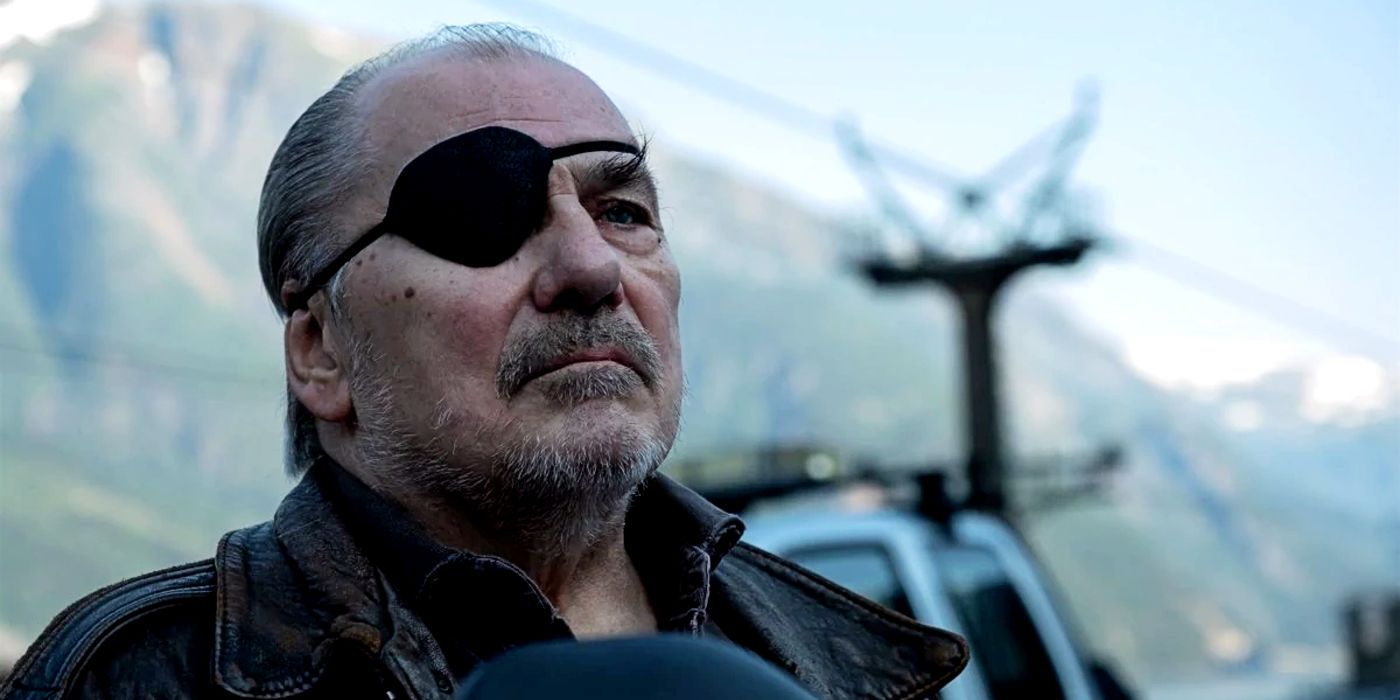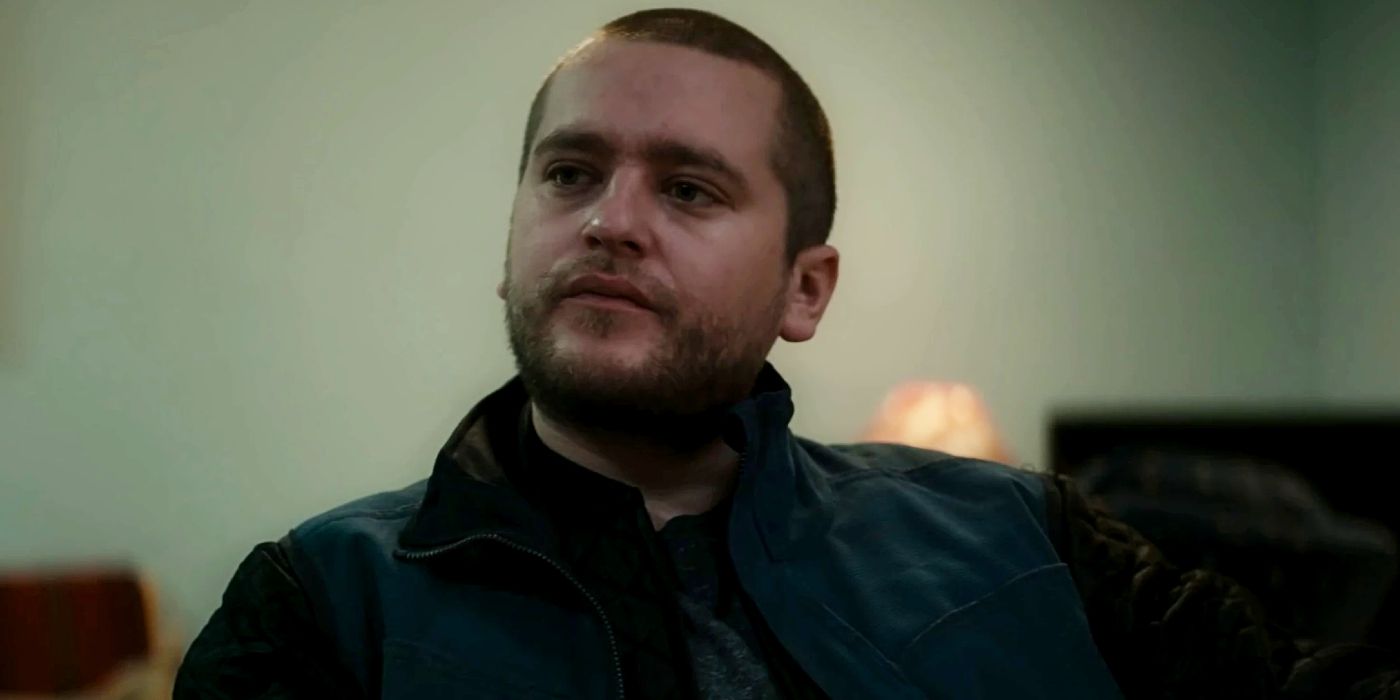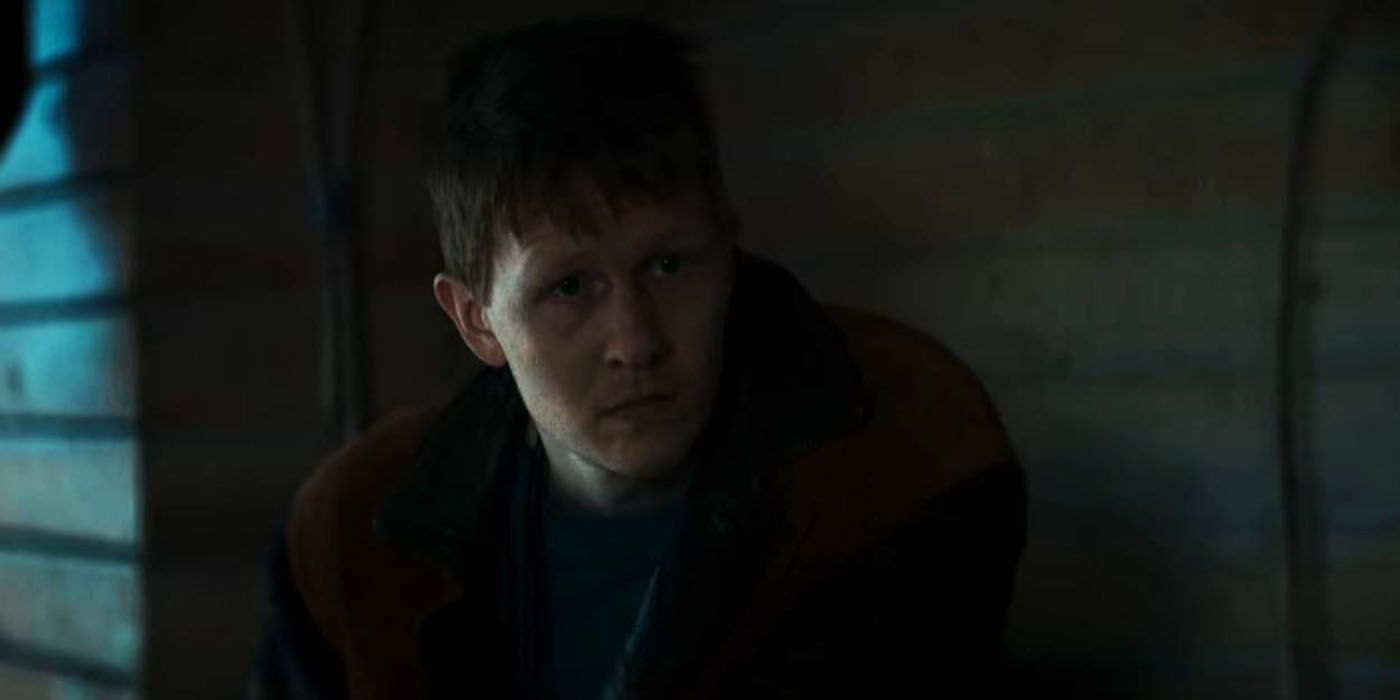
Beyond Norse Mythology: Unveiling the Gods of Netflix's Ragnarok

Unleash the power of the Gods in Netflix's Ragnarok as they confront the formidable Jutuls Brace yourself for a thrilling battle between ancient deities and discover who will emerge victorious
Summary
Ragnarok on Netflix reimagines Norse mythology, focusing on the coming-of-age elements rather than the traditional portrayal of gods.
Magne personifies Thor, possessing extraordinary abilities and a strong sense of justice. He grapples with his responsibilities and ethical predicaments.
Laurits, unveiled as the infamous Loki, battles with his mischievous instincts and struggles with his true identity, thus further adding to the turmoil reminiscent of the conflict surrounding Loki in Norse mythology and ultimately bringing about the apocalypse.
The gods in Ragnarok on Netflix were a topic of speculation among fans, but the series took a different approach. It reimagined Norse mythology and focused on the coming-of-age theme. The first season ended with an intense climax as Magne faced off against Vidar, the Jutul patriarch. The subsequent seasons introduced more characters based on these gods in unique ways. The Norwegian fantasy drama shifted its focus to Magne's brother, Laurits, whose true identity and parentage were revealed. Laurits' story laid the foundation for the retelling of Ragnarök, the epic battle between Gods and Giants. While the show maintained the old Norse influences, it reinterpreted them in a modern context, resulting in a clash between the old and the new. This conflict posed a moral dilemma for Magne, forcing him to choose between war and peace. As a result, the portrayal of gods in Ragnarök on Netflix diverged from traditional Norse mythology.
Magne Seier: Thor
Regarded as the guardian of humanity and the deity associated with thunder, Thor was traditionally renowned for vanquishing the World Serpent and bringing an end to Ragnarök, enabling the rebirth of the world and all of humanity. Magne, a formidable reincarnation of Thor, possesses extraordinary abilities such as superhuman strength, speed, agility, command over the elements (particularly thunder), and the unique capability to wield and utilize Mjölnir. Similar to Thor, Magne radiates courage and fortitude even in the most dire circumstances, while demonstrating immense compassion and protectiveness towards those he holds dear.
Nevertheless, the most significant quality that Magne shares with Thor is a profound sense of righteousness, which becomes the central focus of his personal struggle throughout Ragnarök. Overwhelmed by the weight of the truth about his brother's true nature, Magne understandably grapples with his purpose in the grand scheme of things. After losing Isolde, his sole true friend in Edda, to the cruelty of the Jutuls, Magne experiences profound feelings of disorientation and isolation following his confrontation with Vidar. Although Iman initially offers assistance, their eventual rift intensifies the internal conflict between what must be accomplished and what is morally justifiable.
Laurits Seier, Loki
It is noteworthy that the name "Magne" is derived from Thor's son, Magni, who was born out of the relationship between Thora and the Giant Járnsaxa. This connection is mirrored in the surreal scene depicting Magne's intimate encounter with Saxa. Additionally, Magne experiences overwhelming guilt after unintentionally causing Vidar's death during a fight. This guilt is further intensified by Laurits' refusal to forgive his brother. As the series concludes, it becomes apparent that the entire narrative may exist solely within Magne's imagination, thereby bringing the tales of Thor from the comics to life, at least from his perspective. In demonstrating his heroism, Magne ultimately chooses to halt Ragnarök by embracing peace, solidifying his role as the true hero, reminiscent of Thor.Reputed for his notorious trickster sensibilities, Loki is traditionally regarded as an Æsir despite his Giant lineage. Season 2 unveiled the surprising revelation that Laurits is actually Loki, a twist that had been hinted at from the very beginning. Similar to Loki, Laurits is genderfluid and possesses a mischievous nature, while also grappling with a profound struggle regarding his true identity. Unlike Magne, whose motivations remained consistent and lucid, Laurits proved to be unpredictable, making it challenging to ascertain where his true allegiances lie. Upon discovering the truth about his parentage, Laurits formed a connection with Vidar, his biological father, and discovered solace in their companionship.
However, things took a turn for the worse when Vidar discovered Laurits' underlying motives for assisting his brother, resulting in a series of events that ultimately led to Vidar's demise at the hands of Magne. Filled with anger, despair, and intense agony, Laurits unleashed his fury upon Magne and the entire town of Edda. This mirrored the conflict depicted in the Norse myths surrounding the character of Loki.
Yet, a significant mythological twist occurred when Laurits unexpectedly gave birth to Jörmungandr, the World Serpent, who would later serve as a crucial weapon against Thor during Ragnarök. Jörmungandr symbolized destruction, rebirth, and the cyclical nature of existence, highlighting the significance of predetermined fate.
Just like in the myths, Laurits found himself entwined in a grand tragedy that had the potential to bring forth the end of the world. He fell deeply in love with Jens, who unknowingly embodied another deity. In a fateful turn of events, Jens lost his eye, and during the final moments of Ragnarök, Magne realized that the death of this young man would set Laurits on a path to ignite a war capable of ending everything. Magne intervened, preventing the war, saving Jens, and ultimately bringing joy to his brother - an ending that defied the original prophecy.
Wotan: Odin
Regarded as the most supreme among the Æsir, Odin is hailed as the Allfather due to his remarkable expertise in sacred wisdom, war, poetry, and magic. In Norse mythology, Odin's insatiable thirst for knowledge led him to hang from the Yggdrasil, also known as the World Tree, for a total of nine days. In the events of Ragnarök, Odin is reborn within the body of Wotan Wagner, an elderly man who is frequently seen riding an electric wheelchair throughout the series. Wotan's true identity is only unveiled after the demise of Wenche, although there are visual hints foreshadowing this revelation, such as his eye patch and the fact that Odin is referred to as Wotan in other Germanic languages.
Furthermore, as Wenche is portrayed as the seer who informs Odin about Völuspá, also known as the Seer's Prophecy, which concerns Ragnarök, her passing forces Odin to assume a more direct role in the events that trouble Edda. Although Wotan, or rather Odin, is willing to assist Magne in his quest to forge Thor's hammer, Mjölnir, and eradicate the Giants once and for all, he steadfastly adheres to the old ways, which often involve extreme violence and necessary fatalities in order to bring about a new beginning. Odin does clarify, however, that the old ways cannot be judged using modern moral standards.
However, it was the emphasis of Magne on the inevitable need to adapt and embrace change in their modern world that stood out. Instantly, Odin rejected Laurits, identified as a reincarnation of Loki, fully aware of the crucial role he would eventually play in initiating Ragnarök, in accordance with the Völuspá prophecy. Historically, Odin's outright refusal of Loki had always inflicted severe harm upon his already shattered psyche, driving him to align with the enemy. Ultimately, it was Wotan who consistently urged Magne to delve deeper into his visions, providing him with the necessary guidance to save himself and restore balance to their world.
Iman: Freyja
Renowned for her captivating beauty and enchanting prowess, Freyja embodies love, fertility, war, and magic. In her current incarnation as Iman, she attends Edda Secondary High as a student while simultaneously caring for Wotan as part of her part-time job. Season 1 shrouded Iman in an enigmatic aura, but season 2 revealed her potential as an ally to Magne. Together, they collaborated closely to devise a strategy to vanquish the Jutuls. Over time, Iman honed her abilities, including compulsion and seduction, yet she opted to employ them to secure free shopping sprees and elevate her academic performance.
Harry: Tyr
Iman, although dedicated to the mission, possessed an underlying intensity and shared certain characteristics with the Norse goddess. They both had a desire to lead a vibrant life and were confident in their sexual identity. Despite a temporary disagreement, Iman played a crucial role in assisting Magne on his quest to create Mjölnir. She successfully held off Fjor while the hammer was being forged in the eternal fire. Eventually, Iman returned to her ordinary life.
Renowned as the deity of warfare in Norse and Germanic legends, Tyr possesses remarkable combat skills and mastery over the art of war. In the realm of Edda, Tyr is reborn as Harry, a skillful mechanic at the local auto repair shop. According to surviving tales, Tyr willingly sacrifices his hand to Fenrir, the monstrous wolf, while the rest of the gods secure the creature. However, in a slightly different twist, Tyr loses his hand during a confrontation with Fjor, an event that enables Magne to safely flee with Mjölnir. Additionally, Tyr forms a deep bond with Iman, ultimately culminating in a romantic relationship. Ultimately, he returns to his ordinary existence.
Jens: Baldr
Jens played a pivotal role in the climactic events of Ragnarök. He was introduced as Laurits' love interest, providing the young man with happiness. In the context of the gods depicted in Ragnarok on Netflix, Jens personified Baldr. Baldr's demise was prophesied to trigger Ragnarök. In Norse mythology, Baldr was Odin's son, and recognizing the catastrophic consequences, Odin bestowed upon him near-invulnerability. Despite this protection, Baldr's inevitable demise would initiate Ragnarök.
During the final moments of Ragnarok, Magne experienced a vision wherein an arrow struck Jens. This would result in the young man's death and prompt Laurits to initiate a war that would bring about the destruction of their world. This mirrored the narrative pattern of Baldr in Greek mythology. However, by heeding Wotan's counsel to trust his visions, Magne successfully brokered peace, concluding the battle and preserving Baldr's life, thus averting Ragnarök.
Kiwi: Heimdall
In the Netflix series Ragnarök, a new character named Kiwi was introduced later in the series. Kiwi is actually a depiction of Heimdall, a familiar character from the Marvel Cinematic Universe portrayed by Idris Elba. In Norse mythology, Heimdall was the guardian of the Bifrost and possessed the ability to see everything. Wotan, a character in the third season, introduces Kiwi to the group. Similar to Heimdall, Kiwi has extensive knowledge about the events unfolding and Wotan believed that Kiwi's wisdom could be beneficial, aligning with the characteristics found in Norse mythology.
